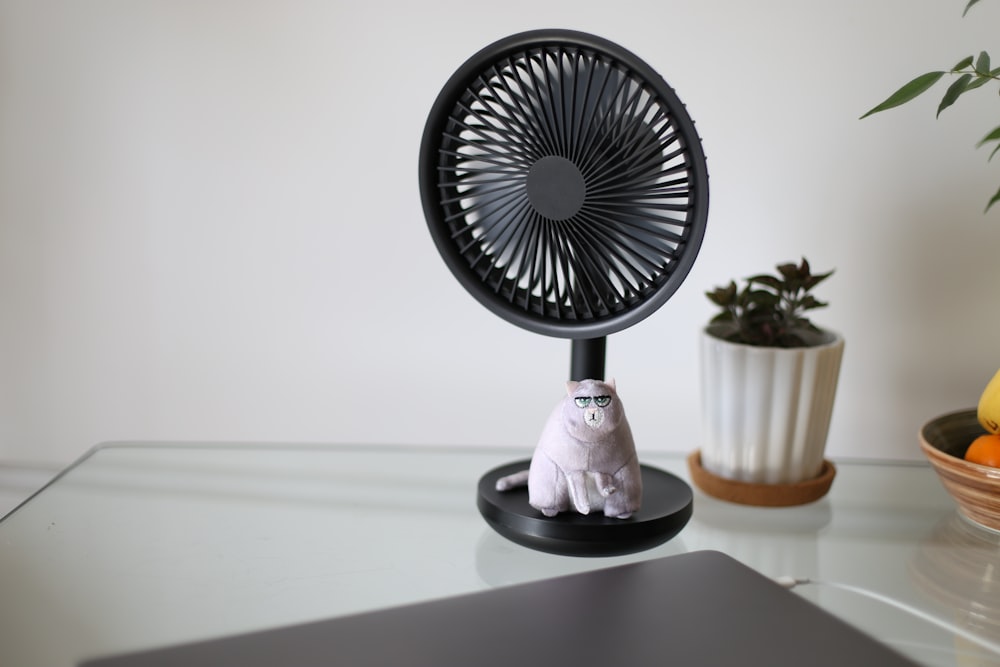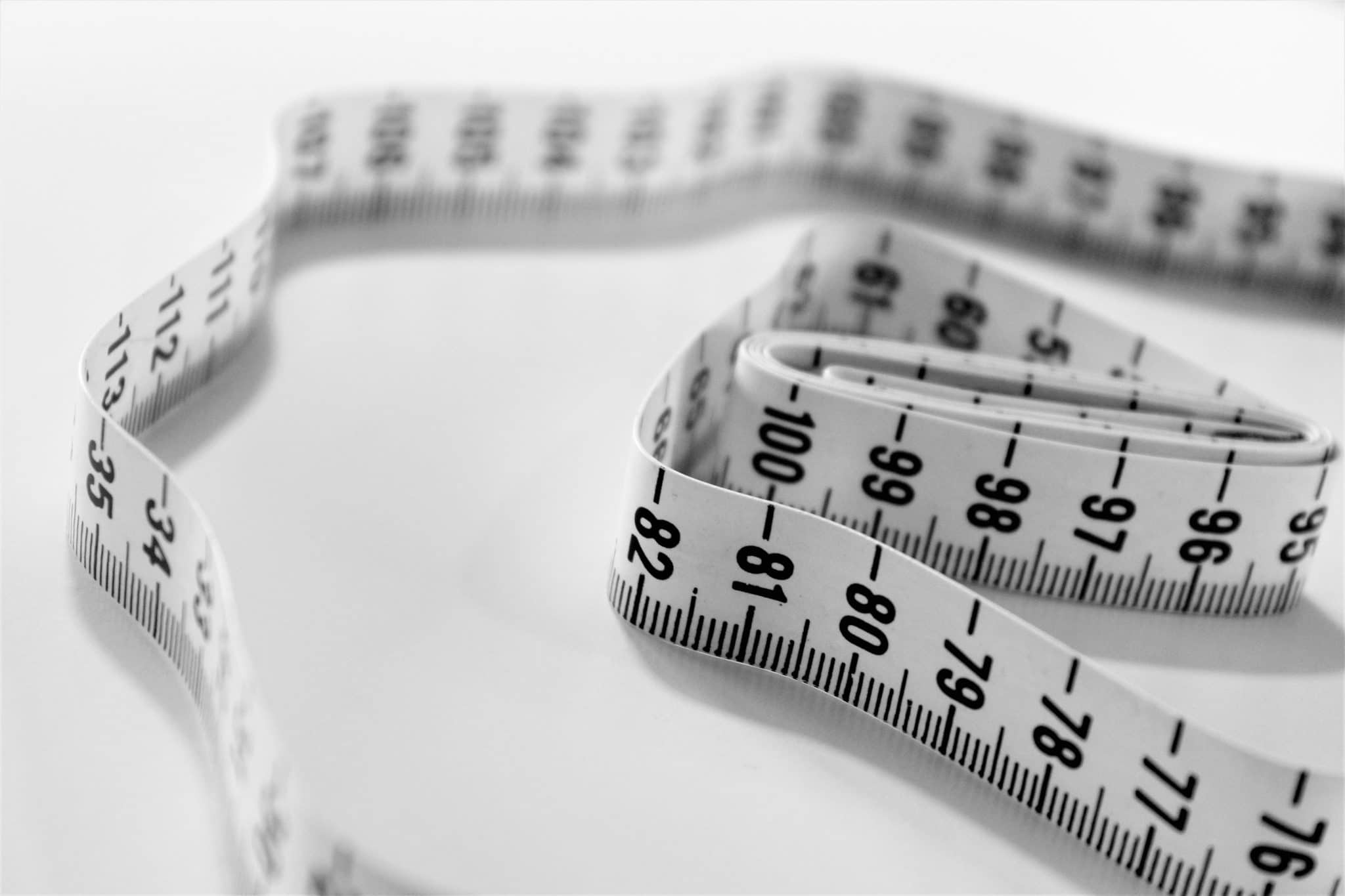Do you want to know the secret of average weight gain during menopause? It’s simple – it happens! Weight gain during this time is normal. There are many reasons that contribute to weight gain, including hormonal changes and metabolic rate changes. In this blog post, we will explore some of these reasons why women may find themselves gaining more weight during their menopausal years.
What is menopause?
Menopause is the time in a woman’s life when her ovaries stop producing eggs and releasing them into the reproductive system. Menopause occurs naturally, most often between ages 45-55. Some women may experience earlier menopause around age 40 due to conditions such as ovarian surgery or chemotherapy treatment for cancer treatments.
What are the symptoms?
For most women, the most common symptom of menopause is the onset of irregular menstrual cycles. Other symptoms include hot flashes, night sweats and vaginal dryness or atrophy (thinning skin). These are all caused by hormonal changes in the body.
Irregular periods:
Irregular periods during perimenopause can be a sign that ovulation has stopped and that menopause is near.
Hot Flashes:
Hot flashes are a sudden feeling of heat in the upper body, along with sweating and rapid heartbeat. Hot flashes can be so intense they may wake you up from your sleep. The exact cause of hot flashes isn’t known for sure but it’s thought to be due to a change in estrogen and progesterone levels, which affect the hypothalamus (the part of your brain that regulates body temperature).
Night Sweats:
A symptom of menopause and perimenopause is night sweats. During a hot flash, you may experience sweating but when it’s accompanied by sleep disturbances such as waking up at night soaked in sweat it’s called night sweats. You may experience them once in a while or you could wake up several times during the night drenched in perspiration.

How to deal with the symptoms :
Most women want to know how to deal with symptoms but there are several ways to manage the symptoms of menopause and perimenopause:
- Dress in layers. You can remove clothes or add them when you start feeling hot. This is a great way to stay cool during hot flashes.
- Drink cold beverages such as water, juice, iced tea or soda pop. This may help to cool you down when you have a hot flash.
- Avoid caffeine and alcohol, especially in the evening because these drinks can cause dehydration that leads to night sweats.
- Use fans or air conditioners. You might want to use them during the day if you’re experiencing hot flashes at work or around other people who don’t know you’re having hot flashes.
- Stay dry and change your clothes if they get wet from perspiration or night sweats. You may want to wear cotton pyjamas that wick moisture away from the body. As we’ve already noted, reducing caffeine intake is a good way to reduce excessive sweating at bedtime and during sleep in general.
- Eat healthily. Eating a well-balanced diet with plenty of whole grains, fruits and vegetables will not only help you maintain your weight but can also boost your energy levels. Don’t forget to get some healthy fats!

Average weight gain during menopause
The average weight gain during the menopause can be anywhere from 20 to 40 pounds. That’s a huge difference so it really depends on the woman and their lifestyle habits. Sometimes, gaining less than 25-30 pounds is more common but this varies for each person. The reasons why we might put on some extra pounds during our menopausal years are due to several different factors.
Our metabolism changes during this time, which can lead to weight gain since we aren’t burning as many calories anymore. This is due to the hormonal imbalance that happens when our ovaries are no longer producing estrogen and progesterone at their highest levels any longer. The decrease in these two hormones causes an increase in appetite and weight gain.
What we eat and drink also plays a role in our weight as well as many other health factors such as blood pressure, cholesterol levels and risk of heart disease. We may choose to eat more calorie-dense foods with higher fat content because we aren’t getting the energy from our diets that we used to get before menopause.
We may also not be as active anymore because we are not doing the activities that we used to do before menopause. For example, if you were a runner and didn’t run for months after stopping your menstrual cycle it can cause weight gain over time since muscle mass decreases when we aren’t using it like we should be. We may also get “set in our ways” and continue to eat the same foods that we’ve always eaten, which can lead to weight gain.
These are just a few reasons why women might experience some extra pounds during this time of their life and not every woman gains 20-30 pounds but it’s still very common for many women. If you are concerned about the weight that you are gaining then talk to your doctor or another health care professional.
What are some tips for menopausal weight gain?
Women tend to think that menopause is an automatic green light to eat whatever they want, yet it’s actually the other way around. More women are obese in their 40s than ever before and obesity can lead to many health problems. When you’re overweight or obese you have a greater risk of developing cardiovascular disease, diabetes mellitus type II and other health problems.
Therefore, it’s important to continue exercising and eating a healthy diet during menopause as you did before menopause started if your goal is to lose weight. This means continuing with all of the healthy lifestyle changes that you’ve made up until this point such as:
Eating a diet that’s rich in fruits, vegetables and whole grains
Maintaining your ideal weight by eating sensibly and exercising regularly.
Exercising for at least 30 minutes most days of the week because can help you lose weight more quickly than just changing what you eat alone. For example, if one pound is equivalent to 3500 calories, then you need to burn 3500 more calories than what you consume each week for that pound of fat. This will help you drop bodyweight quickly.
Exercise is also important because it can help reduce the effects of menopause on your body such as hot flashes and night sweats so adding exercise to your daily routine will give you even greater health benefits during this period in your life.
Maintaining a healthy lifestyle during menopause is of great importance if you’re trying to lose weight because it will help reduce the health risks associated with obesity such as cardiovascular disease, diabetes mellitus type II and others. Moreover, exercising on a regular basis can also help relieve many symptoms of menopause including hot flashes or night sweats.
If you want to lose weight during menopause, keep exercising and eating healthily but don’t forget about your mental well being as well because stress can also cause many problems including unhealthy behaviours such as overeating so try to relieve stress by doing things that you enjoy or taking up a new hobby for example.
Eating healthy foods will help prevent further weight gain during menopause.
Eating healthy foods will help prevent further weight gain during menopause. Exercising on a regular basis is also important for losing excess weight and reducing the risk of obesity-related health problems such as cardiovascular disease, diabetes mellitus type II and others. Try to reduce stress levels because this can lead to unhealthy behaviours such as overeating or binging. If you want to lose weight during menopause, it’s best to maintain a healthy lifestyle throughout this period in your life.
There are many ways you can lose weight at home without going to the gym.
There are many ways you can lose weight at home without going to the gym. For example, exercising regularly is important for losing excess weight and reducing the risk of obesity-related health problems such as cardiovascular disease, diabetes mellitus type II and others. Try to reduce stress levels because this can lead to unhealthy behaviours such as overeating or binging. If you want to lose weight during menopause, it’s best to maintain a healthy lifestyle throughout this period in your life.
What exercise at the gym should you do?
Exercising regularly is important for losing excess weight and reducing the risk of obesity-related health problems. Try to reduce stress levels because this can lead to unhealthy behaviours such as overeating or binging. If you want to lose weight during menopause, it’s best to maintain a healthy lifestyle throughout this period in your life.
What exercise at the gym should you do to build muscle mass?
Lifting weights is important for building muscle. If you want to build muscle mass, what exercises at the gym should you do lift weights and gain muscles? Lifting weights will help improve your overall health as well so adding weight training into your daily fitness routine might be a great idea to improve your health and lose weight.
While going through menopause you will likely experience natural muscle loss. So keeping up with weight lifting will help you minimise natural muscle loss.
Drink lots of water throughout the day.
Drink lots of water throughout the day. This will help your muscles work more efficiently and make you feel less hungry so you’ll be able to eat less if that’s what you want this will help you stop weight gain. You should also avoid sugary drinks such as soda because they contain a lot of calories but no nutrients which means that all those empty calories can add up and lead to weight gain.

Decrease in estrogen decrease in estrogen
The decrease of estrogen levels can also mean a lower sex drive and vaginal dryness. Some women may experience hot flashes which are the sudden feeling that you’re very warm or have flushed skin, sweating etc. However, these symptoms should not last for more than five years because if they do then it’s recommended to see your doctor’s best to maintain a healthy lifestyle throughout this period in your life.
Healthy weight
To maintain a healthy weight, you should consume around 2,200 to 2,400 calories.
This is the number of total calories that the average person living in North America needs per day to keep their weight constant. The range includes all food and drinks including water. You can eat more or less depending on your activity level but eating too much will likely lead to being overweight so try not to exceed this number when planning your meal plan for each day. A healthy diet consists mostly of whole grains, fruits and vegetables while avoiding highly processed foods that provide little nutrients with high levels of sugars or fats found in them. A balanced diet rich in essential nutrients is a good way to avoid getting too many extra calories every day. Weight gain is easy to manage if you keep track of your calorie intake per day.
Cardiovascular disease is commonly seen in menopausal women. It can lead to heart failure, high blood pressure and stroke so it’s important that you prevent this by eating healthy foods rich in nutrients such as whole grains, fruits or vegetables for example. You should also try to lose weight if needed because being overweight increases your risk of cardiovascular.
There are many supplements you can use to help you through menopause.

Final thoughts
Weight gain during menopause can be a problem for many women. However, there are some steps you can take to prevent weight gain and maintain your ideal body weight such as: Eating healthy foods instead of unhealthy ones like sugary drinks or fast food; exercising on a regular basis (at least 30 minutes each day); avoiding stress by taking up new hobbies that you enjoy; and drinking lots of water throughout the day to keep fit muscles working efficiently.











